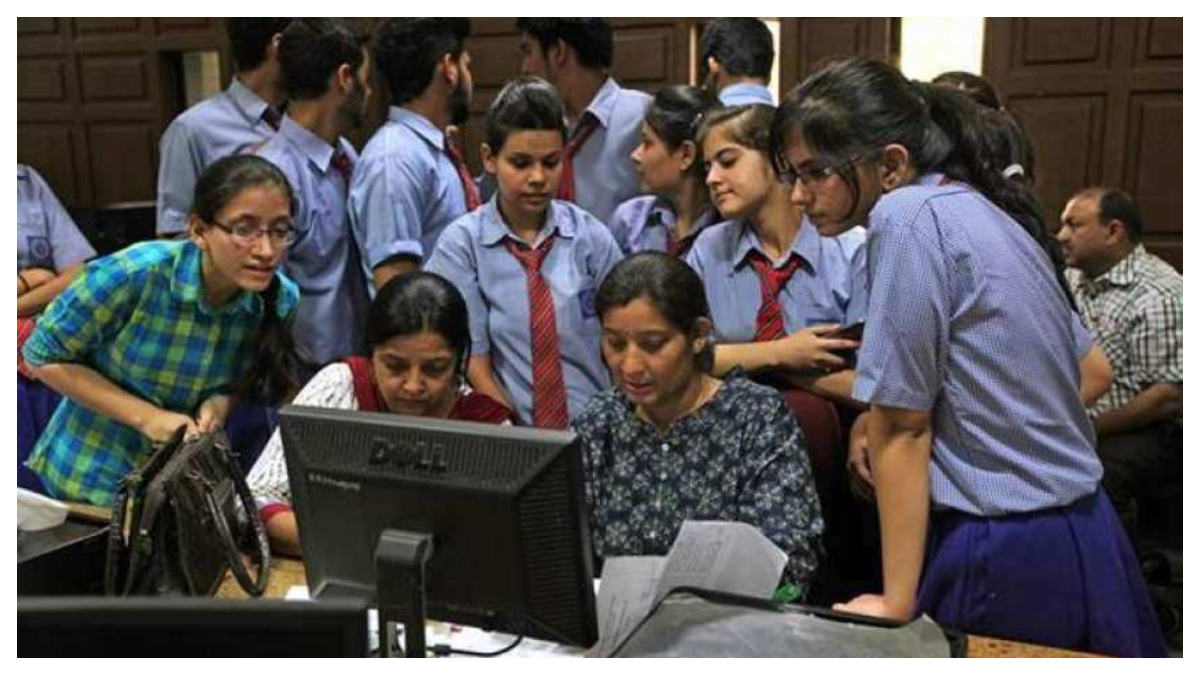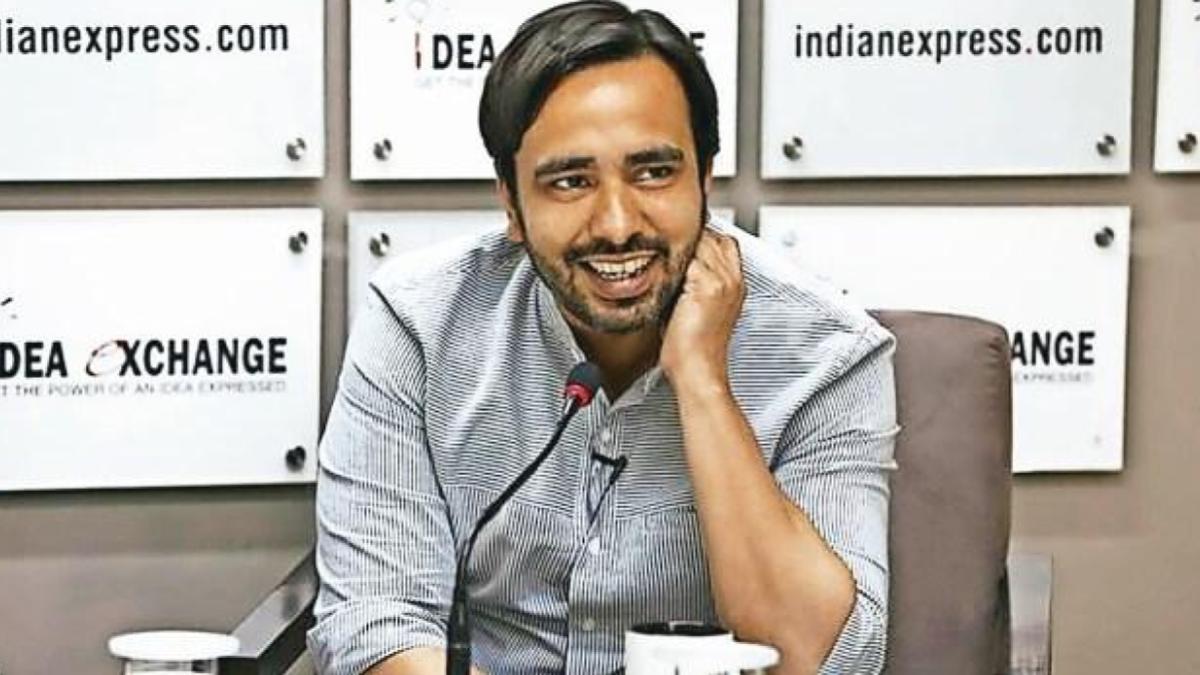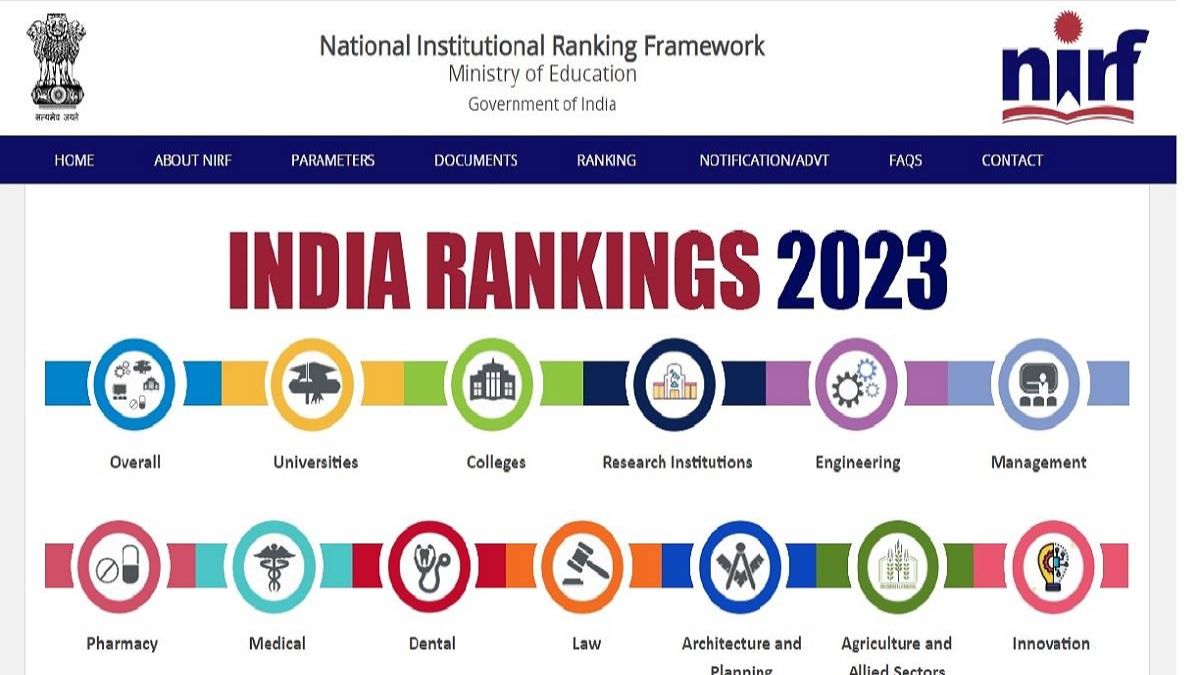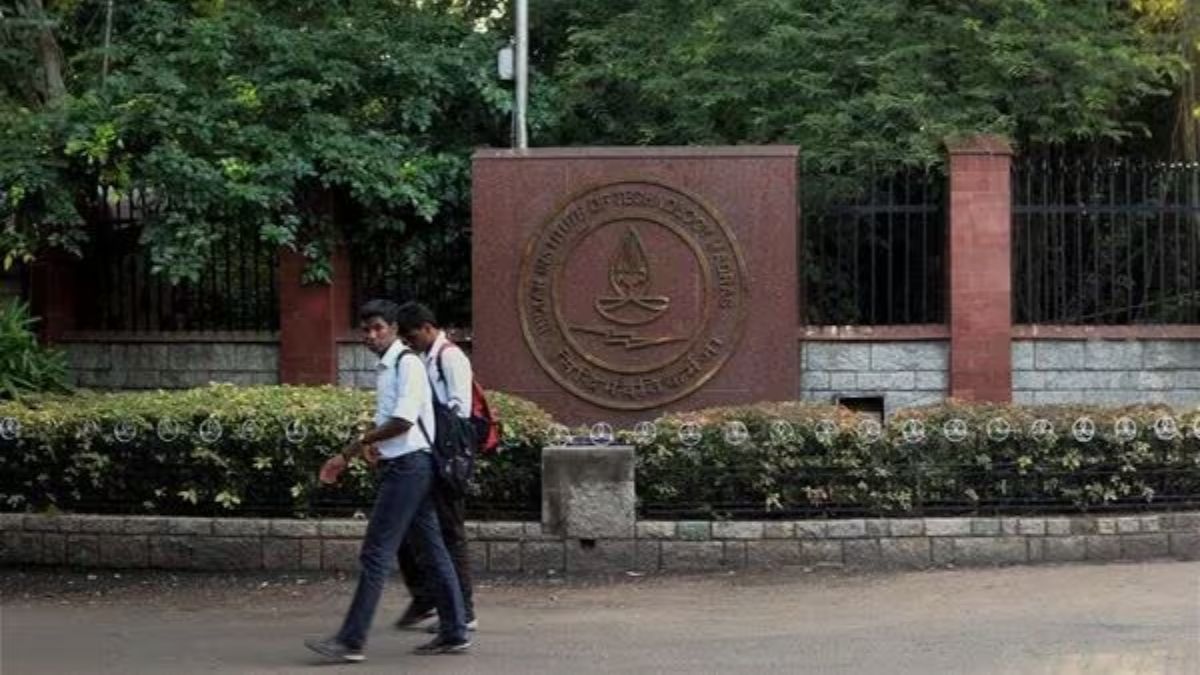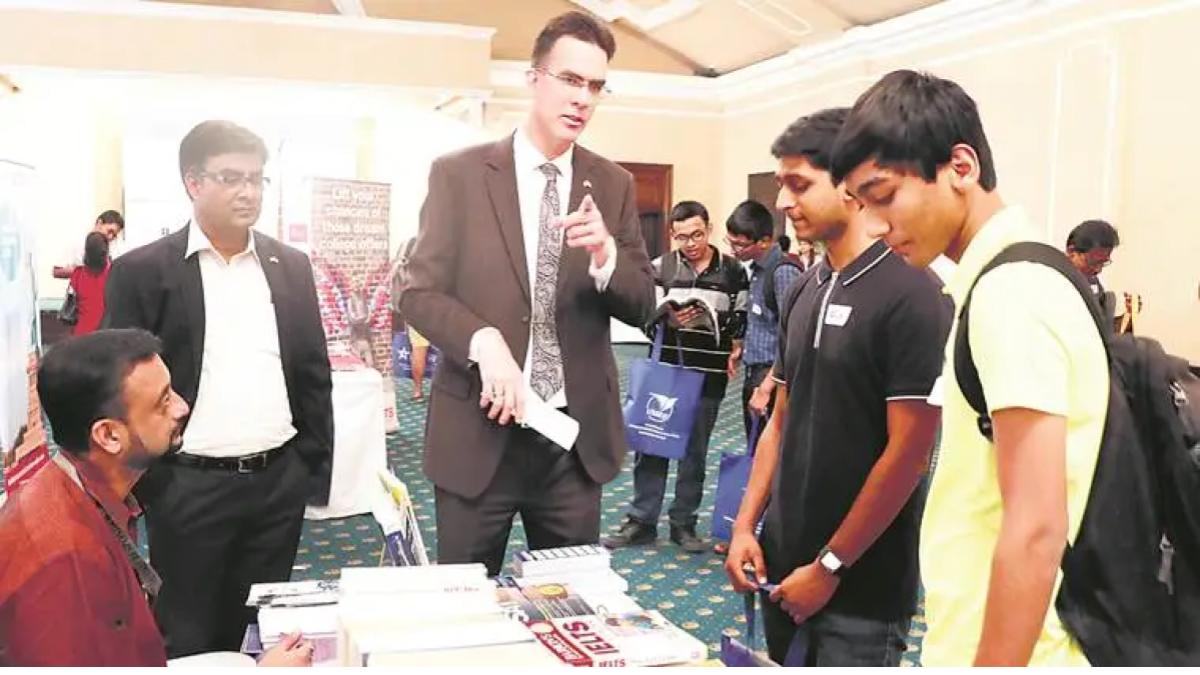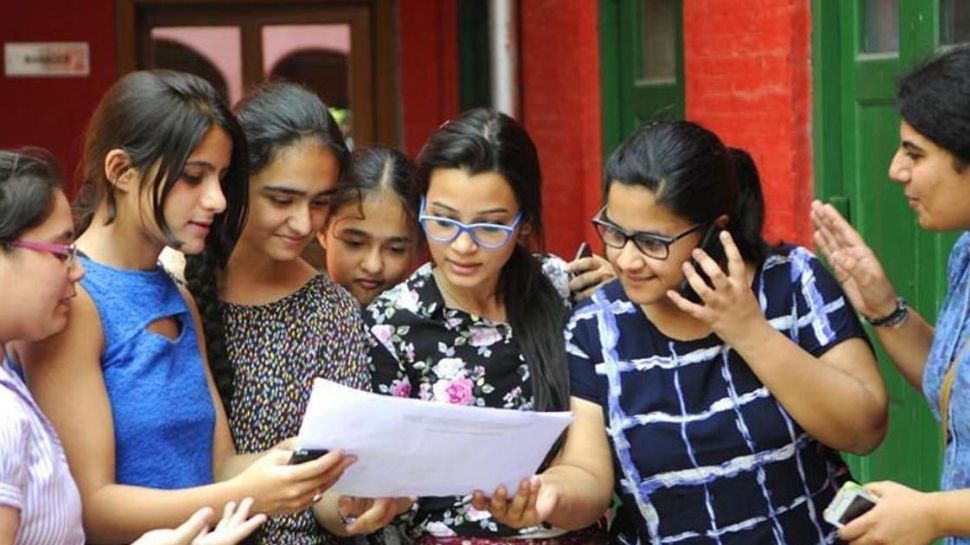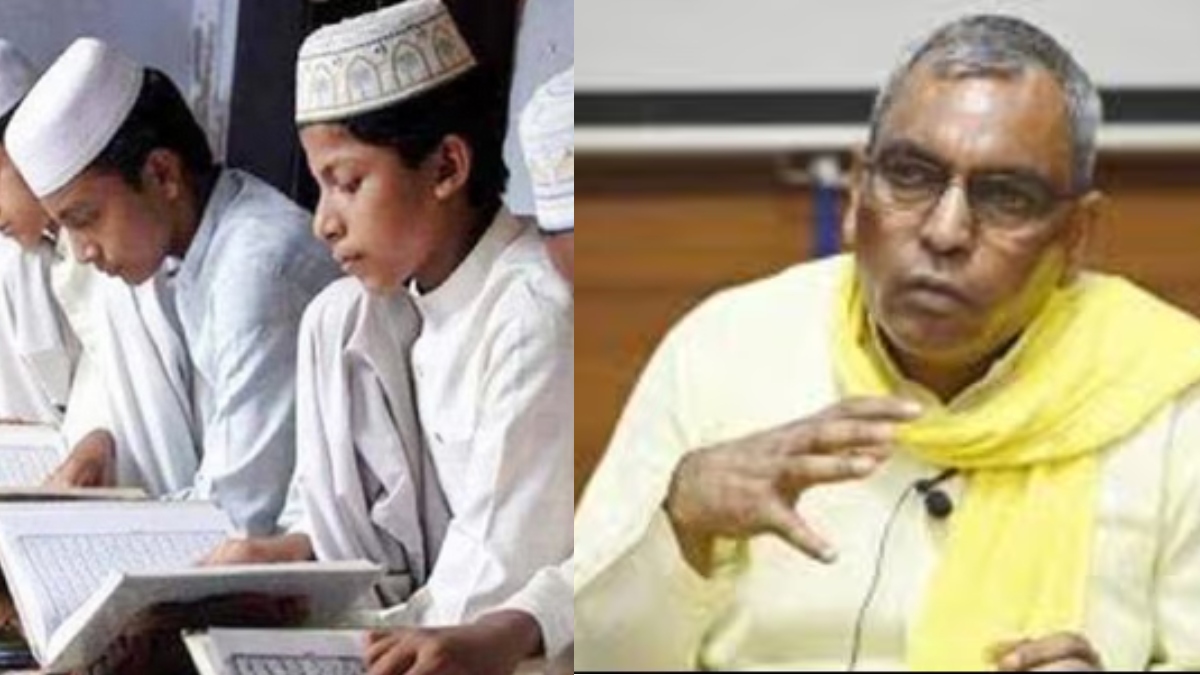In the National Institutional Ranking Framework (NIRF) rankings released this month, the Indian Institute of Technology Madras (IIT Madras) was ranked not only as the best engineering college in India, but also the best institute overall. In fact, IIT Madras has been topping the ‘Engineering’ category of the NIRF every year since these rankings started in 2016, and has also been ranked the ‘Overall’ best institute in India since 2019. Prof V Kamakoti, director, IIT Madras, told FE that the ‘Strategic Plans’ of IIT Madras – started in 2003 – have played a big role in the institute getting ranked the best in India, and one of the best in the world. The first Strategic Plan called Vision 2010 was released in 2003, which laid out steps for turning IIT Madras – which was founded in 1959 and had completed four decades of excellence – into a world-class institute. The second Strategic Plan (2014-20) focused on being a global leader in research and education, incubate globally-recognised centres of excellence, increase exchange faculty and scholar strength, incubate ‘blockbuster’ companies that will create high-value intellectual property, and to make the IIT Madras Research Park – started in 2010 – the best in business. The third Strategic Plan (2021-27) has laid out the path for IIT Madras to be among the top-50 institutes globally in at least five disciplines. “Although these Strategic Plans don’t directly focus on IIT Madras topping NIRF or any other ranking, just following the ‘vision’ is helping us reach higher levels of excellence,” Prof Kamakoti said. “We have democratised IIT education (students can get enrolled for certain programmes without clearing GATE or JEE), have opened a campus in Tanzania, and are doing research on rockets and hyperloop. Our Discovery Campus (near Thaiyur, Tamil Nadu) is among the finest engineering and research hotspots in the world.” IIT Madras is also the birthplace of some new-age companies such as Ather Energy, Skyroot Aerospace, and AgniKul Cosmos. In fact, Ather’s founder Tarun Mehta last week tweeted that “IIT Madras will be long remembered for being the birthplace of most deep tech and hardware startups of our times in India.” Global rankings However, while IIT Madras is consistently being ranked the best in India, its global rankings are on a rollercoaster ride. For instance, the UK’s THE (Times Higher Education) placed it in the 401-500 band in 2016-17, and during 2018-19 IIT Madras slipped to the 601-800 band. It was a curious case of India’s best institution ranked between 601-800 in the world! It wasn’t just IIT Madras faring poorly – in 2019, seven IITs (Bombay, Delhi, Guwahati, Kanpur, Kharagpur, Madras, and Roorkee) cited concerns over transparency of the THE Rankings after none of them found a place in the world’s top-300 list, and in 2020 they stopped participating in it. “There are 5-6 aspects on which educational institutions are judged by ranking bodies, and in some global rankings such as the THE, ‘perception’ has a high weightage of about 40%,” Prof Kamakoti said. “We weren’t sure how that ‘perception’ component was calculated, and IITs were ranked low overall, even though they scored high in components such as ‘graduate outcome’ or ‘ industry connect’ or ‘research’. We are committed to a ranking such as the NIRF – not because we see it as a replacement to the THE Rankings, but because it has a fair mechanism and lets us know in which all areas we can improve. I must add that we are not running behind numbers or the highest ranks, but we do keep an eye on these numbers because they give us pointed insights on areas of improvement.” IIT Madras, and possibly other top IITs also, have more or less decided that they will take part in one national ranking (NIRF) and one international ranking (Quacquarelli Symonds, or QS, a higher education analytics firm based in the UK). The QS ranked IIT Madras at 254th in the world in 2016, which dropped to 285th last year, and rose to 227th in the latest one. “The QS appears to have a fairer and a more transparent ranking mechanism than the THE, and that’s why IITs are sticking to it,” an education analyst told FE. “They need one international ranking to stay globally relevant, and the QS appears to be that one.” Prof Kamakoti said: “One national ranking (NIRF) and one international ranking (QS) is enough for us – it implies one national feedback and one international feedback, for us to improve.” None
Popular Tags:
Share This Post:

SSC GD Constable Recruitment: Registration to begin soon at ssc.gov.in – Find all the details here
August 26, 2024What’s New
Spotlight
Today’s Hot
Featured News
Latest From This Week
SSC MTS 2024 Exam Dates Out: SSC exam date 2024 announced for MTS/ Havaldar posts – Check details here
JOBS-CAREER
- by Sarkai Info
- August 13, 2024
UPSC announces ESIC Nursing Officer results; know how to check, details INSIDE
JOBS-CAREER
- by Sarkai Info
- August 12, 2024
Odisha OPSC PGT exam dates 2024 released at opsc.gov.in – Check full schedule, other details here
JOBS-CAREER
- by Sarkai Info
- August 12, 2024
Subscribe To Our Newsletter
No spam, notifications only about new products, updates.













